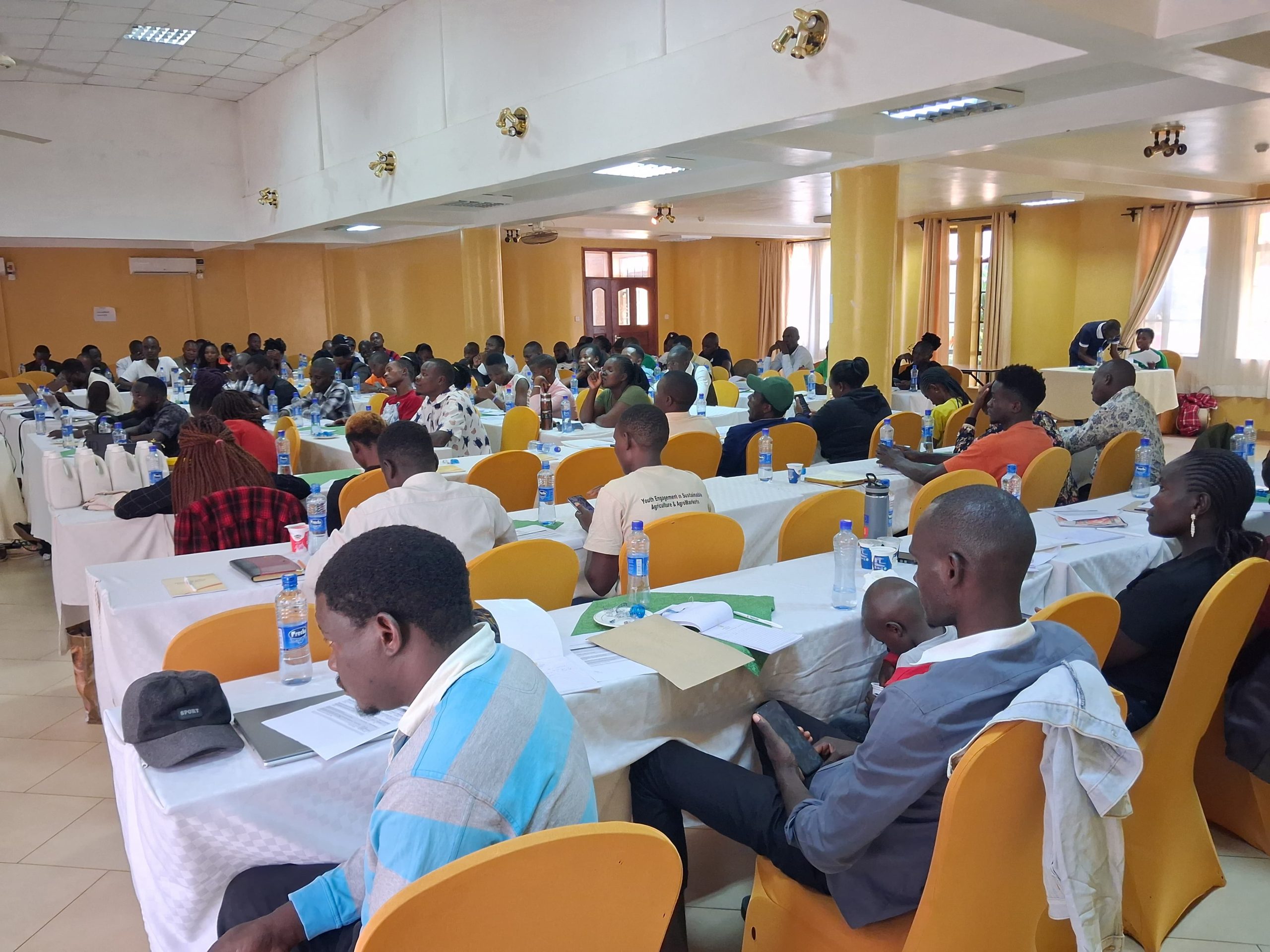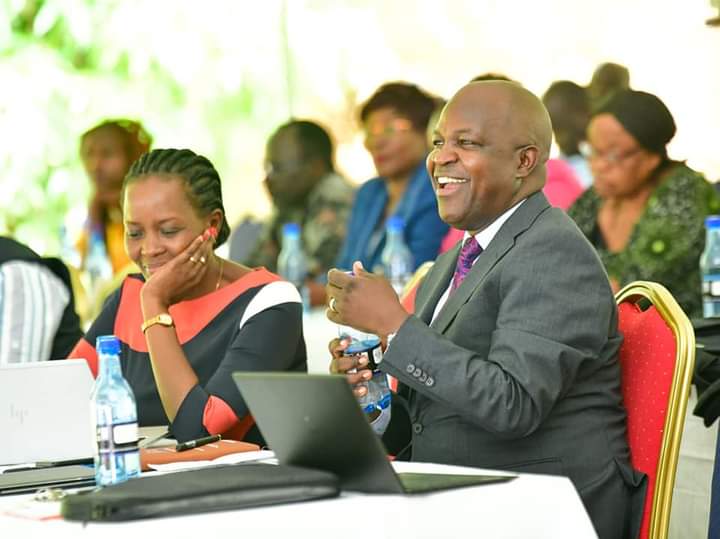By Tony Wafula
The Participatory Ecological Land Use Management (PELUM) organisation has launched a nationwide initiative to equip young farmers with agroecology knowledge and business skills. The project, dubbed Youth in Agroecology and Business Learning Track Africa (YALTA), is being implemented across Kenya from 2025 to 2028, targeting thousands of youths with practical, sustainable farming techniques and entrepreneurship support.
[full]The YALTA project comes at a time when Kenya’s agricultural sector faces numerous challenges, including climate change, soil degradation, and declining interest in farming among young people. With a rapidly growing population and escalating food insecurity concerns, stakeholders agree that involving young people in modern, sustainable agriculture is not only necessary but urgent.
Agroecology is a sustainable approach to farming that applies ecological principles to agriculture, creating resilient and productive food systems. Unlike conventional farming, which often relies heavily on chemical inputs, monocultures, and mechanisation, agroecology promotes biodiversity, soil health, and ecological balance.
It emphasises local knowledge, resource efficiency, and the integration of crops, livestock, and natural ecosystems to create sustainable and economically viable farms. PELUM’s YALTA project is designed to expose young farmers to these principles, providing them with the tools and skills necessary to produce food sustainably and run profitable agribusinesses.
A unique aspect of the YALTA project is its mentorship model, where experienced farmers and agroecology experts mentor young farmers at the grassroots level. In various counties across the country, these mentors play a critical role in training and guiding the next generation of agricultural entrepreneurs.
Speaking during a YALTA workshop in Western and Rift Valley on Friday, farmer Kevin Keya underscored the importance of equipping young people with agroecology knowledge.
“This project is a game-changer for the youth. It will not only provide them with practical farming skills but also position them to be self-employed and generate income from agriculture. Agroecology is the future, and young people need to realize that farming is not just about food, it is a viable business opportunity,” Keya noted.
Keya added that many young people shy away from agriculture due to outdated perceptions and a lack of exposure to modern, sustainable techniques. Collins Wanyonyi, a farmer in Bungoma, echoed Keya’s sentiments, expressing confidence that the project will transform the lives of young farmers and contribute significantly to food security in the region.
“Bungoma has fertile land and a hardworking population, but many young people lack the skills and knowledge to fully exploit these resources sustainably,” Wanyonyi affirmed. He added, “Through this project, we are giving them tools to farm smart, conserve the environment, and ensure food security for our county.”
Wanyonyi emphasised that agroecology aligns well with Bungoma’s agricultural potential, offering solutions to challenges such as the impacts of climate change. “By training youth to adopt diversified farming practices, use organic inputs, and embrace ecological balance, the project is expected to increase productivity, reduce environmental harm, and make farming more resilient to shocks,” he added.
Wanyonyi noted that through training workshops, demonstration farms, peer-learning sessions, and business incubation, young farmers are being introduced to practices such as organic soil management, agroforestry, integrated pest management, and value addition. He added that the project also incorporates business development components, enabling participants to market their produce, access finance, and establish agribusinesses.





